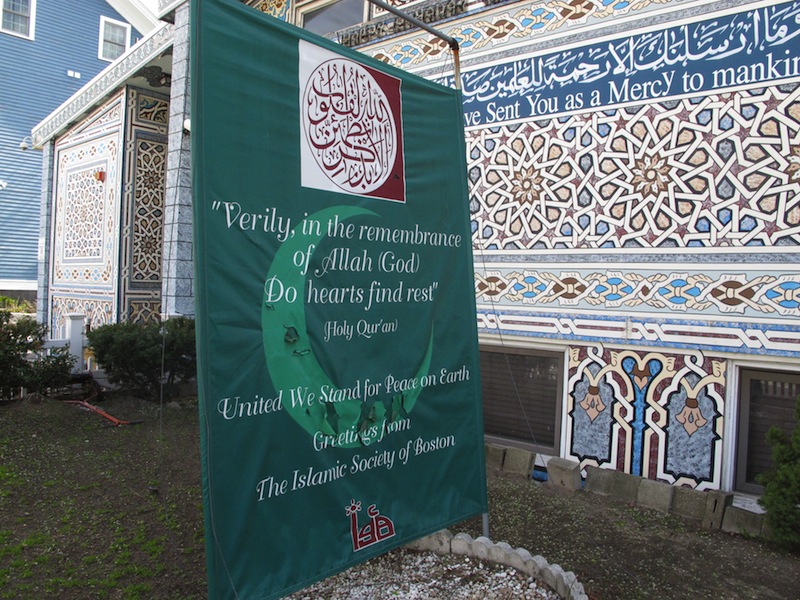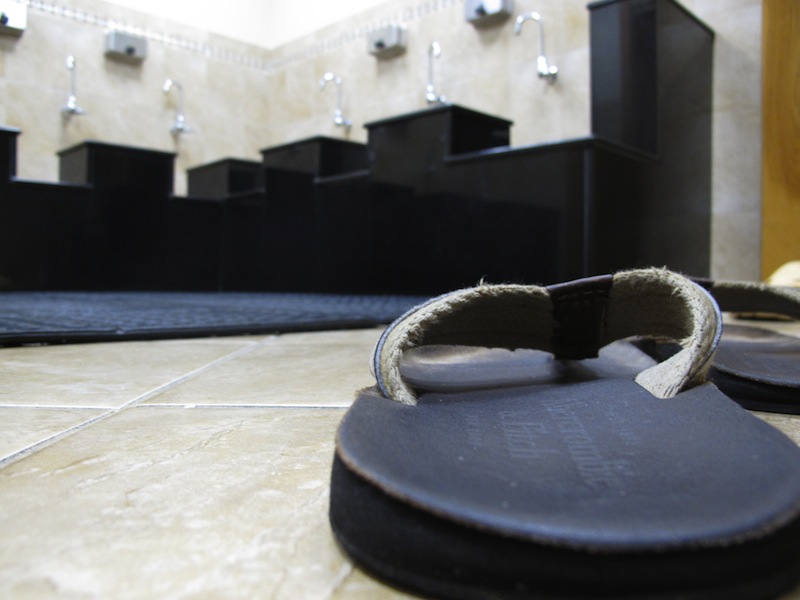CAMBRIDGE, Mass. — When preachers told congregants at a mosque in November that it was appropriate for Muslims to celebrate U.S. holidays such as the Fourth of July and Thanksgiving, a man who would later be a suspect in last week’s the Boston Marathon bombing stood up to argue, the mosque said.
The Islamic Society of Boston Cultural Center on Monday told about that outburst by Tamerlan Tsarnaev and provided more details on a second one two months later that the group had previously described.
The group said in its statement that Tsarnaev, who was pronounced dead on Friday after a shootout with police, was not a member of its Cambridge mosque but sometimes attended Friday services and daily prayers over the last year or so. His younger brother, Dzhokhar, who was captured Friday and charged Monday with conspiracy to use a weapon of mass destruction, showed up sometimes for prayers, the group said.
Two U.S. officials told The Associated Press on Monday that the brothers were motivated by religion but appear not to be tied to any Islamic terrorist groups. The officials spoke on condition of anonymity because they were not authorized to discuss the investigation publicly.
Both mosque incidents happened after the older brother returned from a months-long trip to Russia last year. An aunt there said he was studying Islam but struggled to fit in.
The troublesome behavior first came in November, just before Thanksgiving, the mosque said. At a weekly prayer, a preacher gave a sermon saying it was appropriate for Muslims to celebrate American holidays. Tamerlan Tsarnaev stood up and argued that “celebration of any holiday was not allowed in the faith.”
The preacher met with Tsarnaev and discussed the issue after the service.
In January, the mosque said Tsarnaev had a similar outburst.
This time, the sermon included praise for Martin Luther King Jr., and this time Tsarnaev shouted, calling the preacher a “non-believer” and “hypocrite” who was “contaminating people’s minds.” Congregants shouted back at him, telling him to leave, and he did.
Later, volunteer leaders of the mosque met with him and told him that he would not be welcome at service if he interrupted again. The group said he continued attending sometimes and did not cause any more problems.
Send questions/comments to the editors.




Comments are no longer available on this story